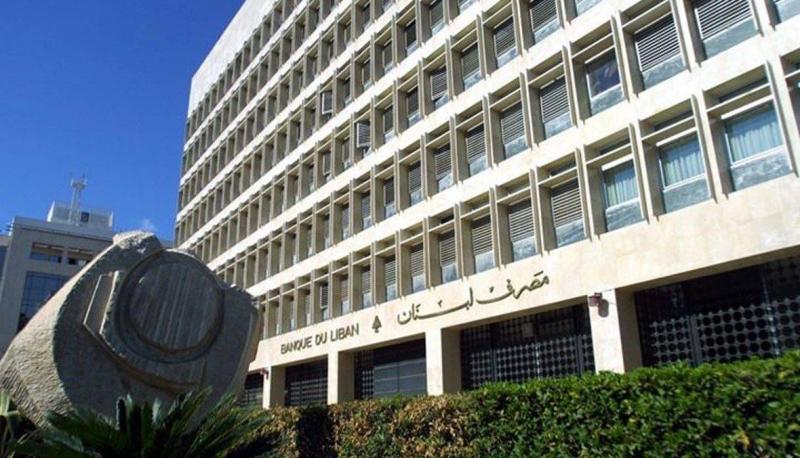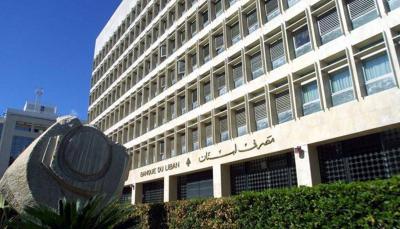International institutions preceded the exploratory visit of the International Monetary Fund (IMF) mission specializing in the Lebanese file to Beirut with pessimistic estimates regarding the progress of the legislative and executive reforms required by the international community. They warned that Lebanon's credit rating would be further downgraded if the government proceeded with restructuring public debt in local currency or failed to meet its obligations on the principal in lira or service the debt on time.
The IMF mission will arrive in Beirut next week, where it will meet with key political leaders, including Speaker of the House Nabih Berri, caretaker Prime Minister Najib Mikati, and Finance Minister Youssef Khalil. There will be detailed meetings at the central bank with the acting governor Saadé Mansouri, his deputies, and his team, as well as meetings with bankers, experts, and heads of parliamentary committees concerned with financial legislation.
The international rating agency "Standard & Poor's" has outlined its analytical points regarding the financial and monetary distress that is nearing the end of its fourth year in Lebanon. It detailed the requirements to stabilize the rating of sovereign debts in dollars at the level of voluntary default, emphasizing the negative outlook and growing doubts about the likelihood of the government restructuring the public debt.
International financial institutions link any improvement in the rating of foreign-currency-denominated debt to the condition that the government initiates a clear and programmed plan for restructuring public debt. The agency pointed out that it would consider improving Lebanon's rating if the possibility of default on debt repayments diminishes.
In its latest report, the international institution asserted that implementing reforms would be difficult amid the political division and the limited capacity of the caretaker government to legislate, alongside delays in electing a new president and appointing a permanent central bank governor. This also applies to the restructuring of the banking sector, which remains complicated due to the lack of consensus among the involved parties on the type and extent of losses and how they are to be distributed.
The list of desired reforms includes the approval of a medium-term plan for restructuring public finances and debts, completing the audit of the foreign currency assets of the Central Bank, starting an external evaluation of the largest 14 banks, restructuring the banks, and unifying exchange rates. It is noted that the proposed law to impose exceptional controls on capital and transfers (capital control) and the law modifying banking secrecy, as well as changes to the official exchange rate of the national currency, do not meet the requirements of the IMF and will not effectively contribute to the rehabilitation of the sector.
According to the rating agency, Lebanese authorities have not agreed on how to distribute the losses incurred by the banking sector due to the restructuring of public debt and the depreciation of the lira against the US dollar, which has hindered economic recovery. Additionally, the caretaker government may not implement the reforms previously required by the IMF until a new president is elected.




